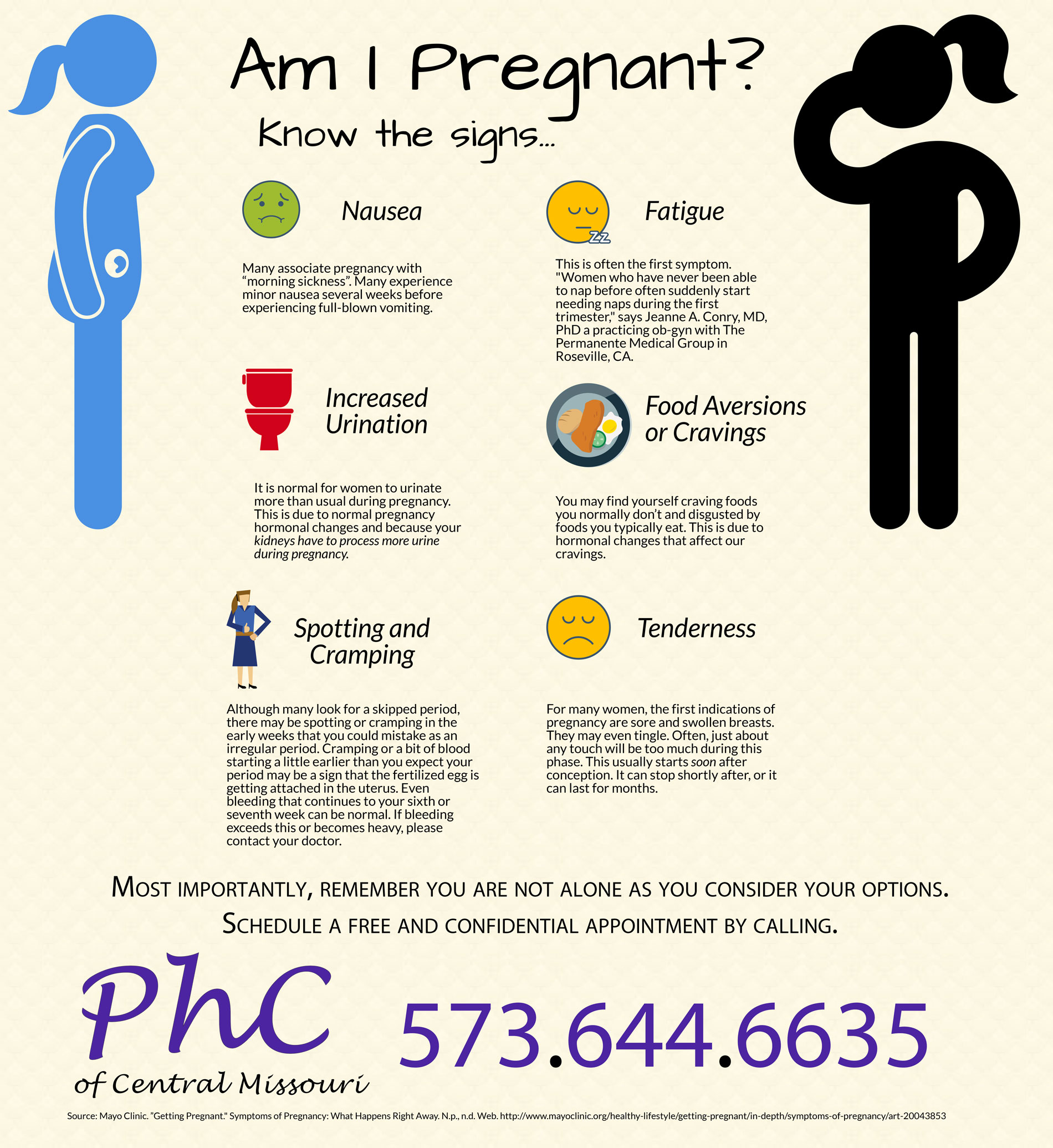
Pregnancy Symptoms in Women: A Comprehensive Guide
Pregnancy is a transformative journey that brings about a myriad of physical, emotional, and hormonal changes in a woman’s body. While every pregnancy is unique, there are certain common symptoms that most women experience during this remarkable period. Understanding these symptoms can help you navigate the challenges of pregnancy and prepare for the arrival of your little one.
Early Pregnancy Symptoms
The earliest signs of pregnancy often manifest within the first few weeks after conception. These symptoms may include:
- Missed period: The absence of a menstrual period is one of the most telltale signs of pregnancy. However, it’s important to note that some women may experience irregular periods, so a missed period alone is not always conclusive.
- Tender breasts: Hormonal changes during pregnancy can cause the breasts to become swollen, tender, and sensitive.
- Nausea and vomiting (morning sickness): Morning sickness is a common symptom that affects up to 80% of pregnant women. It typically begins around week 6 of pregnancy and subsides by week 12.
- Fatigue: Extreme fatigue is a hallmark of early pregnancy as the body works to support the growing fetus.
- Frequent urination: The increased production of hormones during pregnancy can put pressure on the bladder, leading to frequent urination.
- Food cravings and aversions: Many women experience intense cravings for certain foods and an aversion to others during pregnancy.
- Mood swings: Hormonal fluctuations can cause mood swings, irritability, and emotional sensitivity.
Mid-Pregnancy Symptoms
As pregnancy progresses into the second trimester (weeks 13-27), the symptoms may become more pronounced. These include:
- Abdominal growth: The uterus expands to accommodate the growing fetus, causing the abdomen to become larger.
- Fetal movement: Around week 18-20, women may begin to feel the baby’s movements, known as quickening.
- Weight gain: Weight gain is expected during pregnancy, with most women gaining between 25-35 pounds.
- Heartburn and indigestion: The growing uterus can put pressure on the stomach, leading to heartburn and indigestion.
- Constipation: Hormonal changes and the increased size of the uterus can slow down digestion, causing constipation.
- Varicose veins: Increased blood volume and pressure during pregnancy can cause varicose veins to develop on the legs.
- Hemorrhoids: Similar to varicose veins, hemorrhoids are swollen veins in the rectum that can cause pain and discomfort.
Late Pregnancy Symptoms
In the third trimester (weeks 28-40), the symptoms of pregnancy may intensify as the body prepares for labor and delivery. These symptoms include:
- Pelvic pressure: The baby’s head descends into the pelvis, putting pressure on the pelvic floor muscles.
- Backache: The increased weight of the uterus and the baby can strain the back muscles, leading to backache.
- Swelling (edema): Fluid retention can cause swelling in the hands, feet, and ankles.
- Braxton Hicks contractions: These are irregular contractions that help the body prepare for labor.
- Lightening: Around week 36, the baby may drop lower into the pelvis, reducing pressure on the diaphragm and making breathing easier.
- Increased vaginal discharge: The body produces more vaginal discharge during pregnancy to protect against infection.
- Nestling: Many women experience a strong urge to prepare their homes and belongings for the baby’s arrival.
Other Symptoms
In addition to the common symptoms listed above, some women may experience less frequent symptoms during pregnancy, such as:
- Skin changes: Pregnancy can cause skin darkening, acne, and stretch marks.
- Hair changes: Some women experience thicker or shinier hair during pregnancy, while others may notice hair loss.
- Gum problems: Hormonal changes can make gums more sensitive and prone to bleeding.
- Nosebleeds: Increased blood volume during pregnancy can lead to nosebleeds.
- Carpal tunnel syndrome: Pressure on the nerves in the wrists can cause numbness and tingling in the hands.
When to Seek Medical Attention
While most pregnancy symptoms are normal, it’s important to seek medical attention if you experience any of the following:
- Severe pain or cramping
- Vaginal bleeding or spotting
- High fever
- Chills
- Persistent vomiting
- Blurred vision
- Severe headache
- Swelling that does not go away
- Decreased fetal movement
Conclusion
Pregnancy is a journey filled with both joys and challenges. Understanding the common symptoms of pregnancy can help you navigate this transformative period and prepare for the arrival of your little one. If you have any concerns or experience any unusual symptoms, do not hesitate to consult with your healthcare provider.